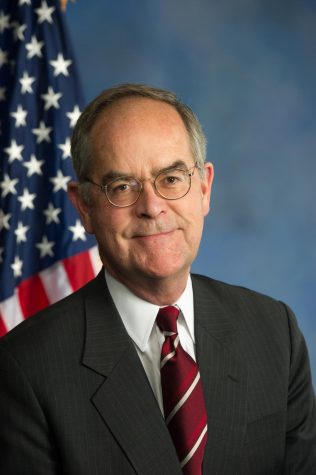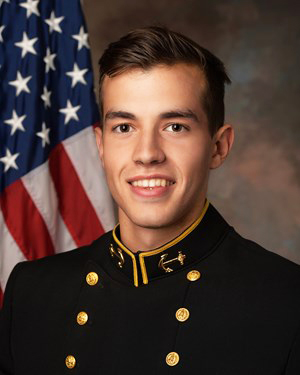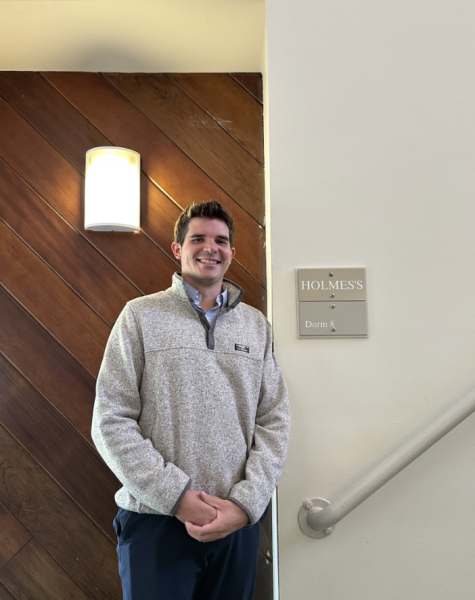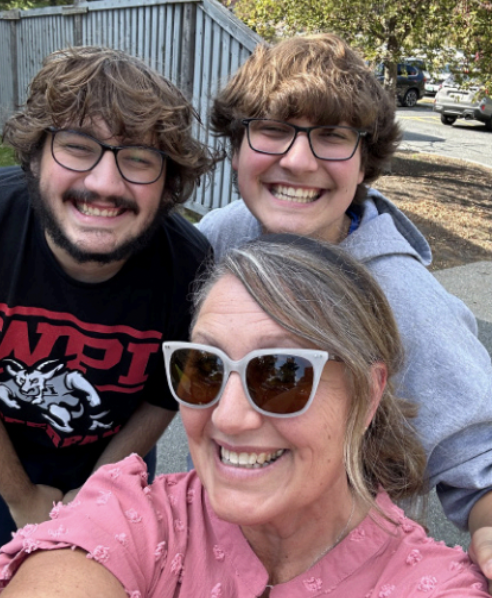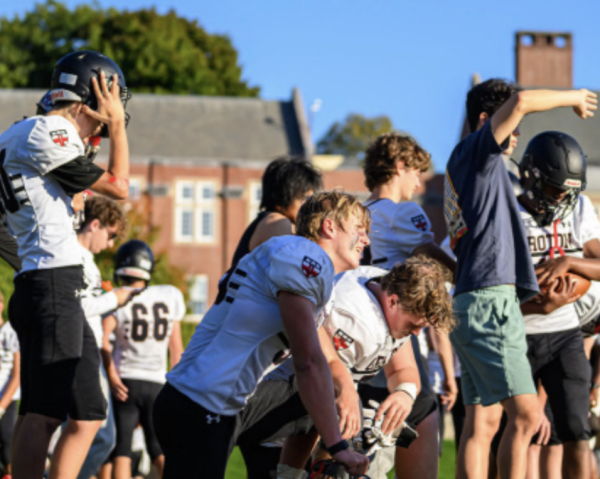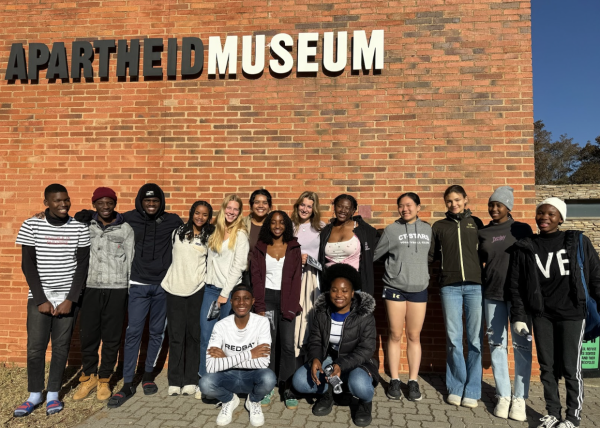The Blame of Pigs
55 Years Ago, Two Groton Alumni Planned Bay of Pigs Invasion
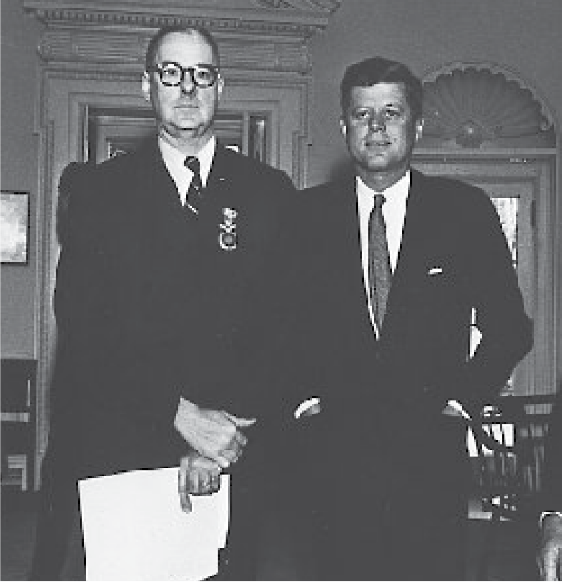
Richard M. Bissell poses alongside John f. Kennedy
President Obama’s historic trip to Cuba last month marks the latest step in a plan to normalize diplomatic relations with our small island neighbor to the south. What many Groton students and faculty might not know, however, is that two Groton alumni were there when it all began.
Richard M. Bissell Jr. ’28 and Tracy Barnes ’29 planned the infamous and ill-fated Bay of Pigs Invasion, with the former serving as the CIA’s Deputy Director for Plans and the latter serving directly under him as Assistant Deputy Director for Plans.
The Bay of Pigs Invasion was an attempt by the U.S. government to overthrow Fidel Castro’s communist regime in Cuba. On April 16, 1961, over 1,400 American-trained Cuban rebels landed on a beach called Playa Girón in the Bay of Pigs, Cuba. The idea was to hide U.S. involvement by using Cuban exiles to spark a larger uprising amongst the country’s population. Although these troops had initial success fighting against a local militia, the mission deteriorated quickly when the Cuban Army formed a counter attack. Outnumbered and without sufficient air support, within 24 hours of the invasion, all of the troops had been killed, wounded, or captured.
Along with Allen Dulles, the head of the CIA at the time, Bissell took responsibility for the failed invasion, and as a result, was forced to resign shortly thereafter. However, later evidence revealed that Bissell was not at fault for the mission’s failure.
Bissell’s initial proposal for the invasion was shot down by John F. Kennedy, who was concerned with the huge scale of the mission. Kennedy was trying to maintain a curtain of plausible deniability over the whole plot. Thus, he asked Bissell to redraw the initial plans.
Among Kennedy’s requests was to move the landing site from Trinidad, Cuba, to somewhere more remote. However, the new landing site, the Bay of Pigs, was eighty miles from the Escambray Mountains, the designated place of refuge in case the mission went awry. Additionally, an impenetrable swamp separated the landing site and the mountains. Kennedy also forced Bissell to use only eight Douglas B-26 Invaders in the attack, half of Bissell’s requested number.
Bissell knew that these alterations would greatly reduce the chances of the mission’s success, but he acquiesced, assuming that Kennedy would authorize a full-scale invasion when the outcome looked dire.
“We felt that when the chips were down, when the crisis arose in reality, any action required for success would be authorized rather than permit the enterprise to fail,” head-of-CIA Allen Dulles said at the time, according to online history database Spartacus Educational.
Just one day after the Bay of Pigs Invasion began, Bissell informed Kennedy that the Cuban rebels were trapped, and he requested backup from American forces. Still unwilling to expose U.S. involvement, Kennedy refused. As a result, the invasion failed, and Bissell was forced to resign.
Kennedy did, however, admit fault for the disaster. “In a parliamentary government, I’d have to resign. But in this government I can’t, so you and Allen [Dulles] have to go,” Kennedy said, according to Spartacus Educational. Prior to the mission, Bissell was slated to replace Dulles as head of the CIA.
While Groton schoolmate Tracey Barnes was also instrumental in planning the invasion, he was allowed to keep his job.
Along with the Cuban Missile Crisis, The Bay of Pigs Invasion was one of the major interactions between the U.S. and Cuba that led to a virulent relationship and gave way to travel bans and embargos.
Many consider the hostility that still exists today to be an outdated vestige of the Cold War. They argue that progress can only be made in Cuba if the U.S. normalizes relations with the country. The two countries are gradually warming up to each other, thanks largely to the efforts of President Obama. During his visit to Cuba, he addressed the Cuban people directly, mentioning that the Bay of Pigs took place the year he was born.
“Like so many people in both of our countries, my lifetime has spanned a time of isolation between us…I have come here to bury the last remnant of the Cold War in the Americas. I have come here to extend the hand of friendship to the Cuban people,” President Obama said, according to Whitehouse.gov.
Current president Raúl Castro echoed this statement a joint press conference with President Obama. “I’m sure that we will be able to coexist peacefully in an environment of mutual cooperation as we are doing already in many fields for the benefit of both countries,” Castro said.
Perhaps other Groton graduates will figure in the next chapter of the US’ diplomatic relations with Cuba.
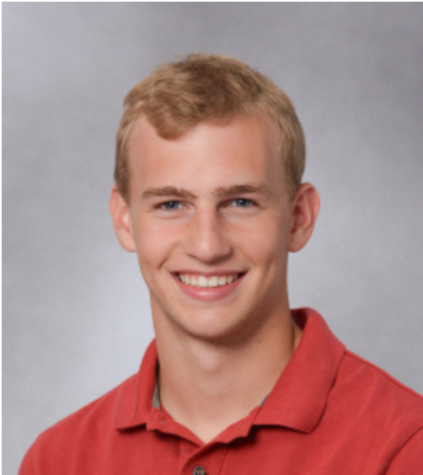
Jack McLaughlin '17 is an Assistant Features Editor for The Circle Voice. He also serves as a Writing Editor for The Grotonian, Groton's art and literary...


